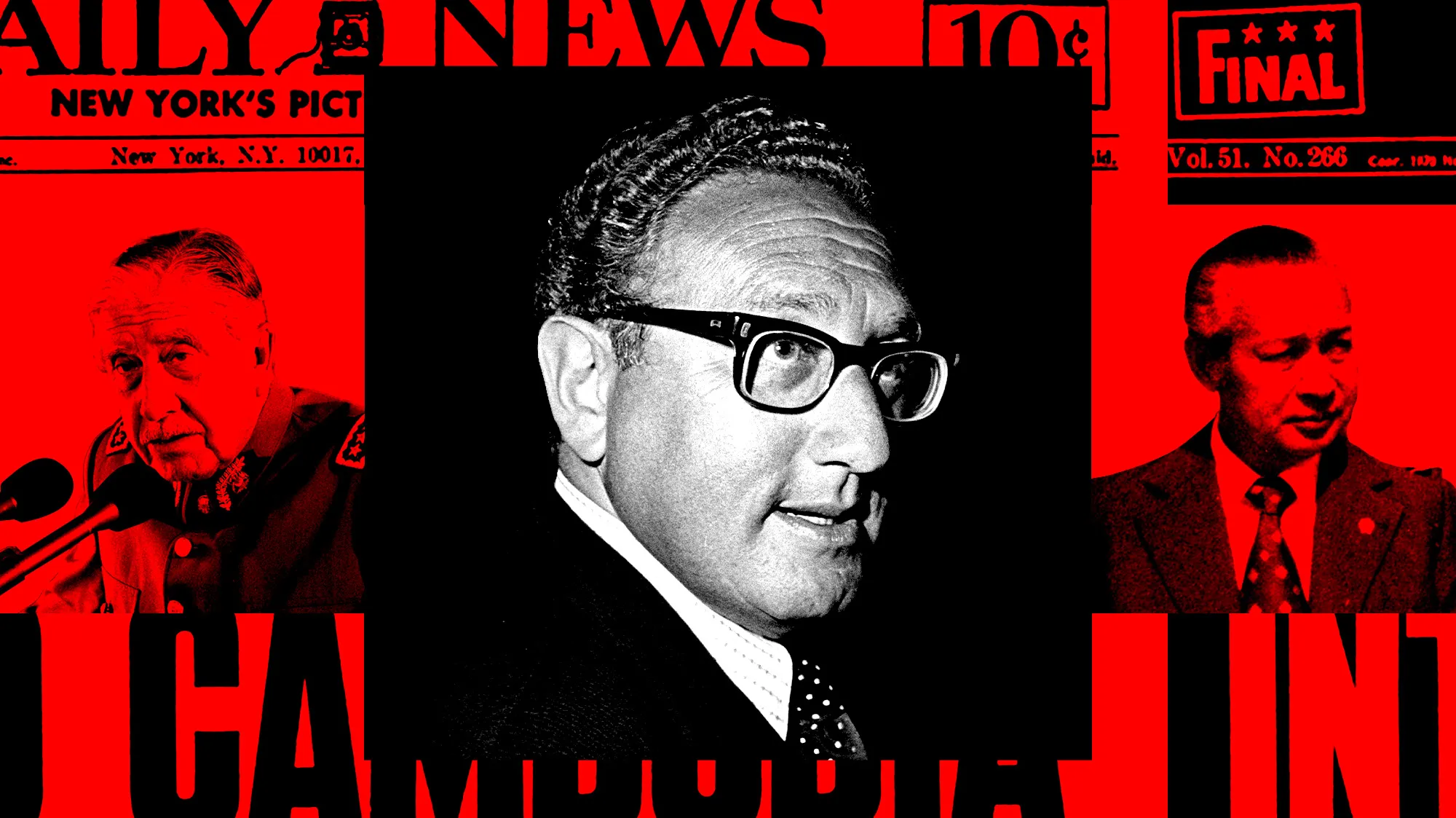Henry Kissinger, the former U.S. Secretary of State and a pivotal figure in 20th-century American foreign policy, passed away at his Connecticut home at the age of 100. His death has reignited debates over his controversial legacy, particularly his role in several foreign interventions and strategies that have been widely critiqued for their ethical implications.
Kissinger played a significant role in influencing U.S. foreign policy during the Richard Nixon and Gerald Ford administrations, a time of intense geopolitical unrest. His approach to diplomacy and strategy was heavily influenced by a realpolitik perspective, focusing on pragmatic and strategic interests rather than moral or ideological considerations. This approach led to various actions and decisions that have been heavily scrutinized and criticized over the years.
One of the most controversial aspects of Kissinger’s tenure was his involvement in the U.S. bombing campaign in Cambodia during the Vietnam War. The bombing, conducted in secret from Congress and the American public, was aimed at disrupting North Vietnamese supply lines but resulted in significant civilian casualties and widespread destruction. Critics argue that this intervention destabilized the region and contributed to the rise of the brutal Khmer Rouge regime.
In South America, Kissinger’s influence was felt in the U.S. government’s support for military coups and dictatorships, particularly in Chile. The U.S. played a role in the 1973 coup that ousted democratically elected President Salvador Allende, leading to the establishment of Augusto Pinochet’s dictatorship. Kissinger’s support for these actions was based on a desire to curb the spread of communism in the region, but it had profound and lasting negative impacts on human rights and democracy in Chile.
Kissinger’s role in the East Timor crisis, where he allegedly supported Indonesia’s invasion and occupation, is another point of contention. The invasion led to a protracted conflict and significant loss of life, raising questions about the ethical implications of U.S. foreign policy under his guidance.
Despite these controversies, Kissinger is also credited with several diplomatic achievements. He played a key role in the détente with the Soviet Union, easing Cold War tensions, and was instrumental in opening diplomatic relations with the People’s Republic of China. These actions are often cited as examples of his strategic foresight and ability to navigate complex international issues.
Kissinger’s approach to foreign policy, characterized by a focus on balance-of-power politics and strategic interests, has been both praised and criticized. His supporters argue that his actions were necessary for protecting U.S. interests in a turbulent world, while critics see his legacy as marred by moral compromises and the negative consequences of his decisions.
In summary, Henry Kissinger’s death has brought renewed attention to his complex and controversial legacy. His role in shaping major foreign policy decisions during a critical period in American history is undeniable, but the ethical and humanitarian implications of these decisions continue to spark debate. His legacy serves as a reflection of the broader challenges and dilemmas faced by policymakers in the international arena.

